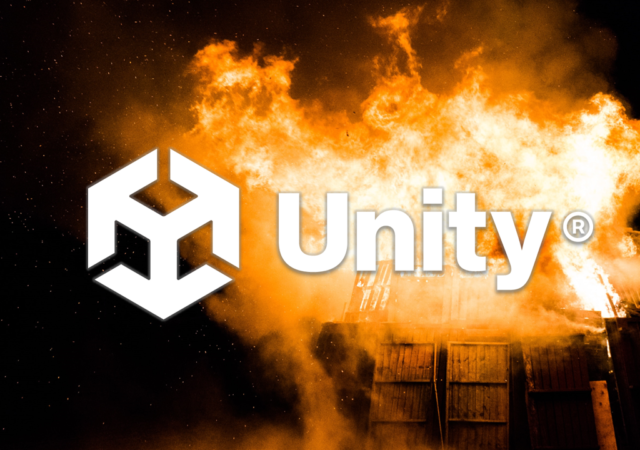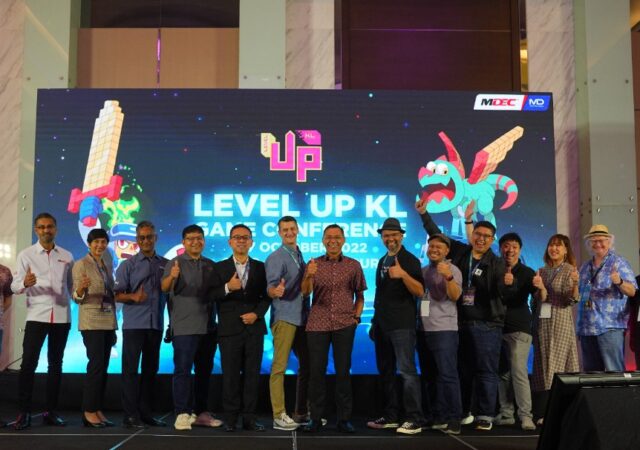Revenant Hill’s cancellation has left many fans disappointed and heartbroken. Find out why the game’s development was cut short here.
Unity’s Controversial Per-Install Pricing Model Angers Game Developers
Unity technologies, the company behind the Unity Game Development engine, announced a new pricing model that has developers up in arms.
LEVEL UP KL 2022 Reinvigorates Malaysian Gaming Industry
LEVEL UP KL 2022 returns to form with over 1,500 participants from all over the world meeting to further the gaming industry.
Gaming Studio, Double Eleven, Expands to Malaysia
Gaming Studio, Double Eleven, has established a Malaysian studio appointing Ian Ng as the Studio Head.






